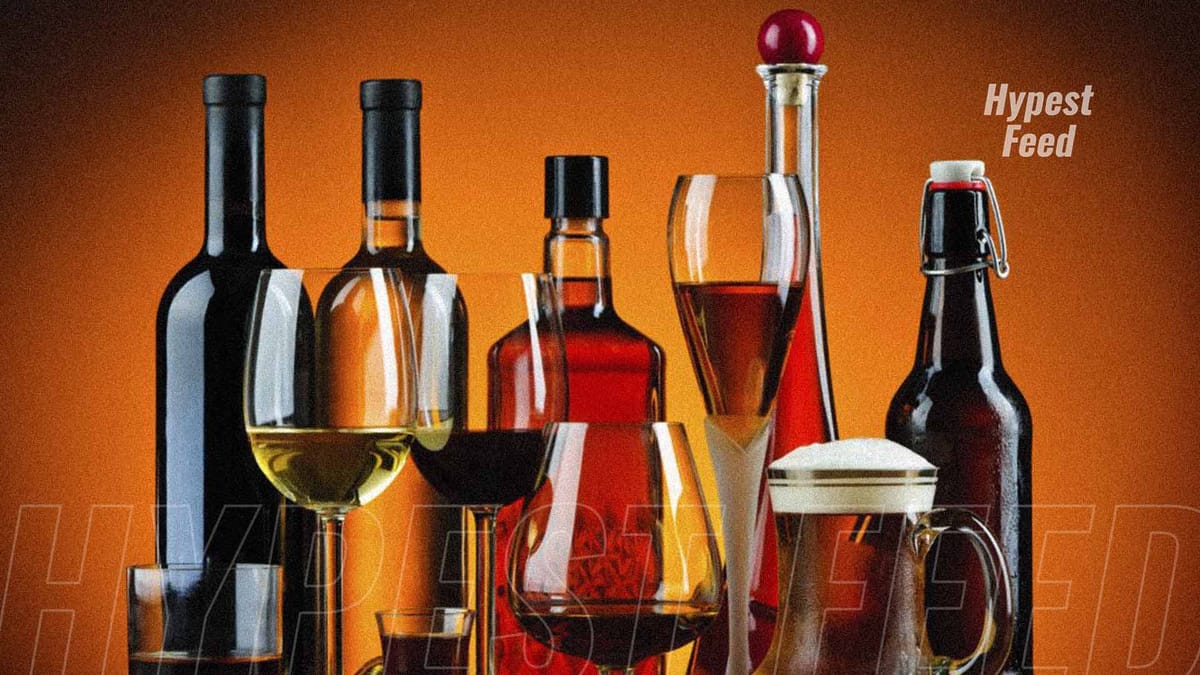The long-standing belief that drinking "liquor before beer" can stave off hangovers has been refuted by German scientists. Their study, published in the American Journal Of Clinical Nutrition in 2019, conclusively debunks this myth, asserting that the intensity of hangovers remains consistent regardless of the order of alcohol consumption.
The researchers emphasized that their findings dispel various traditional sayings, including "Beer before liquor, never been sicker," "Grape or grain, but never the twain," and "Beer before wine and you’ll feel fine."
Unfortunately, researchers haven't had the opportunity to thoroughly investigate the validity of these maxims due to constraints like funding and time, explained Dr. Kai O. Hensel from Helios University Hospital Wuppertal in Germany, who led the study.
However, the German team recently conducted a study to examine the impact of beer and wine consumption order on hangover severity, finally addressing these age-old beliefs. Ninety students aged between 19 and 40 from a German university participated in the study, divided into three groups.
On the first day, one group drank beer until their blood alcohol level reached 0.05%, then switched to wine until reaching 0.11%. The second group followed the same procedure but in reverse order, while a third control group consumed either beer or wine exclusively.
After each drinking session, participants reported their well-being and perceived level of intoxication. The following morning, they rated the intensity of their hangovers on a scale from 0 to 7, based on feelings of thirst, nausea, fatigue, and dizziness.

A week later, the groups swapped their drinking patterns: those who initially started with beer now began with wine, and vice versa for the wine group. Similarly, the control group that exclusively consumed beer switched to wine, and vice versa.
Upon analyzing the results, researchers concluded that the order of alcohol consumption did not significantly affect the severity of hangovers. Instead, individual differences in alcohol metabolism played a more significant role.
According to Sandra Arévalo, a spokesperson for the Academy of Nutrition and Dietetics not involved in the study, some people may experience a hangover after just one drink, while others may drink heavily without experiencing any hangover symptoms at all.



Member discussion: